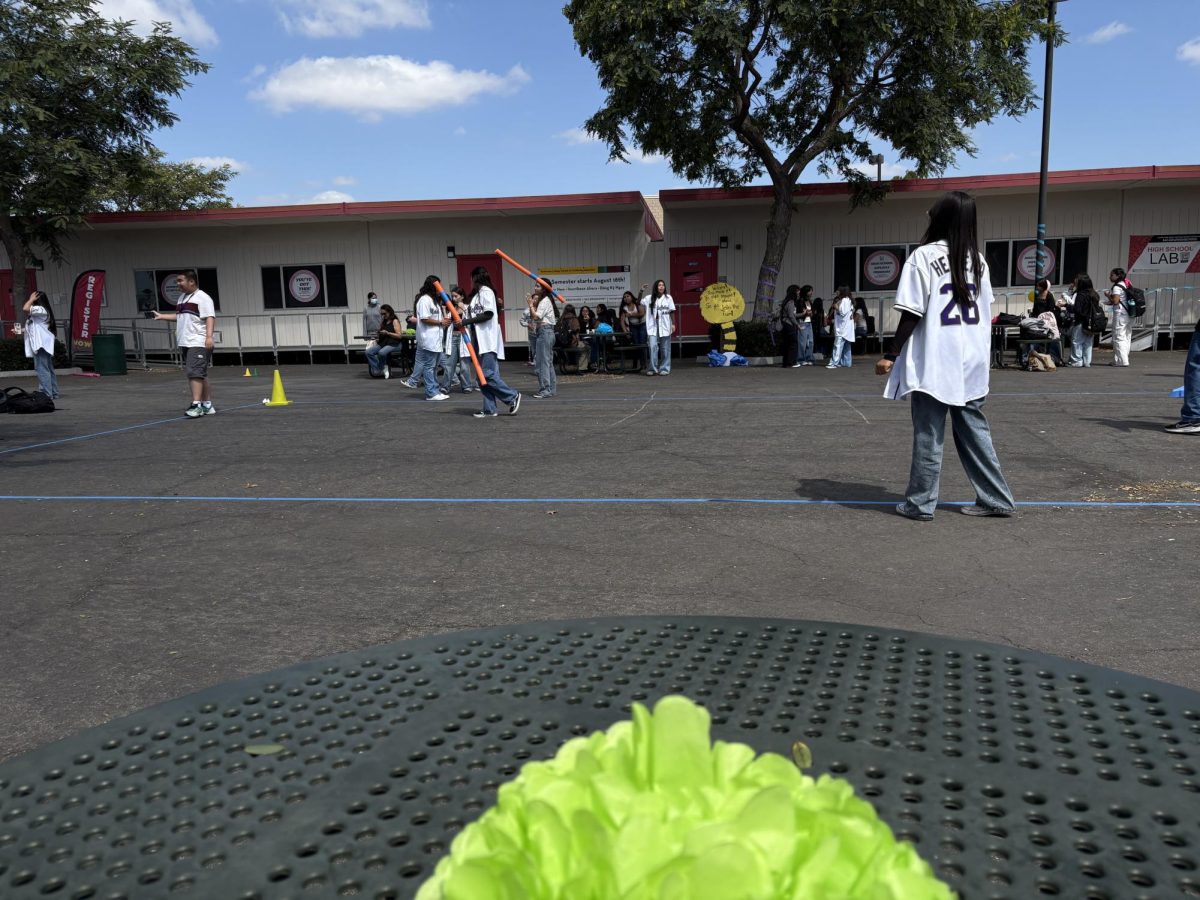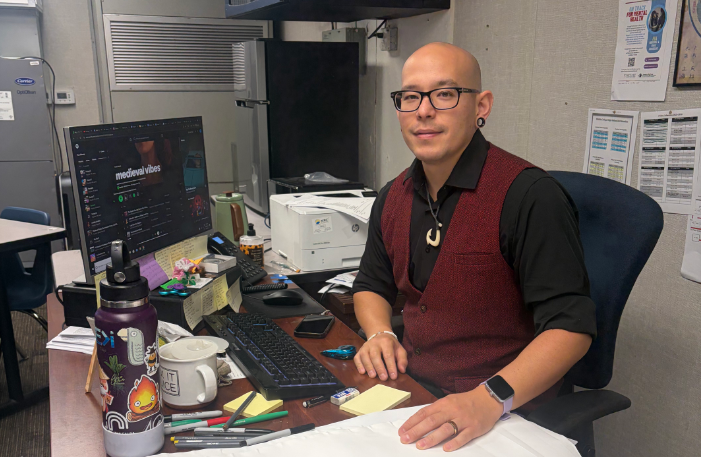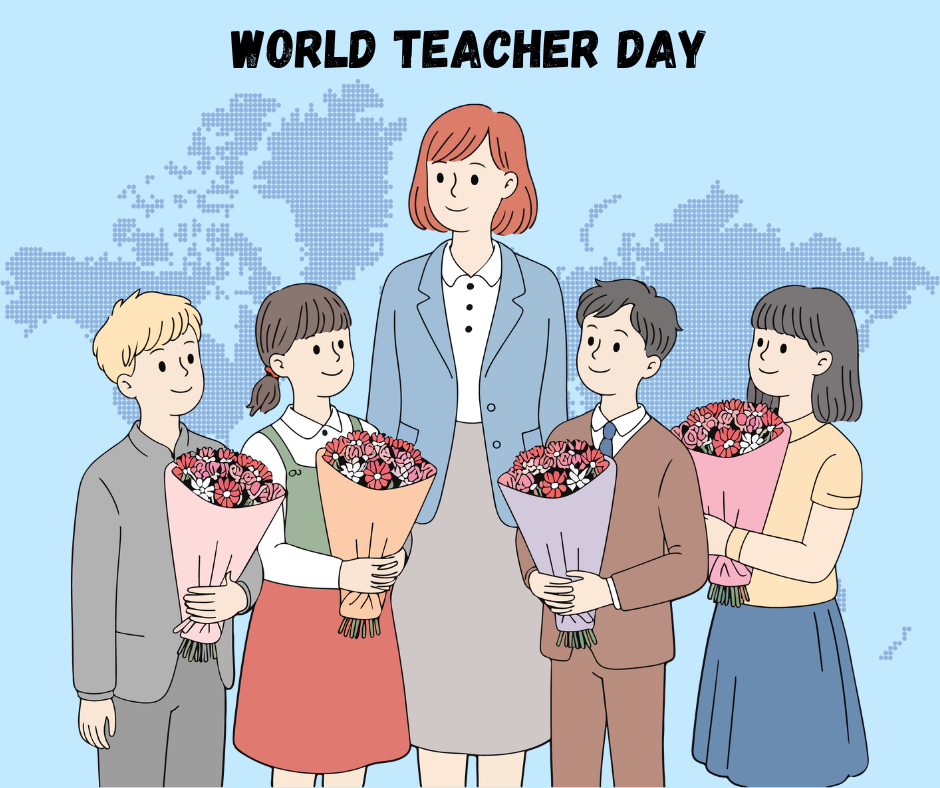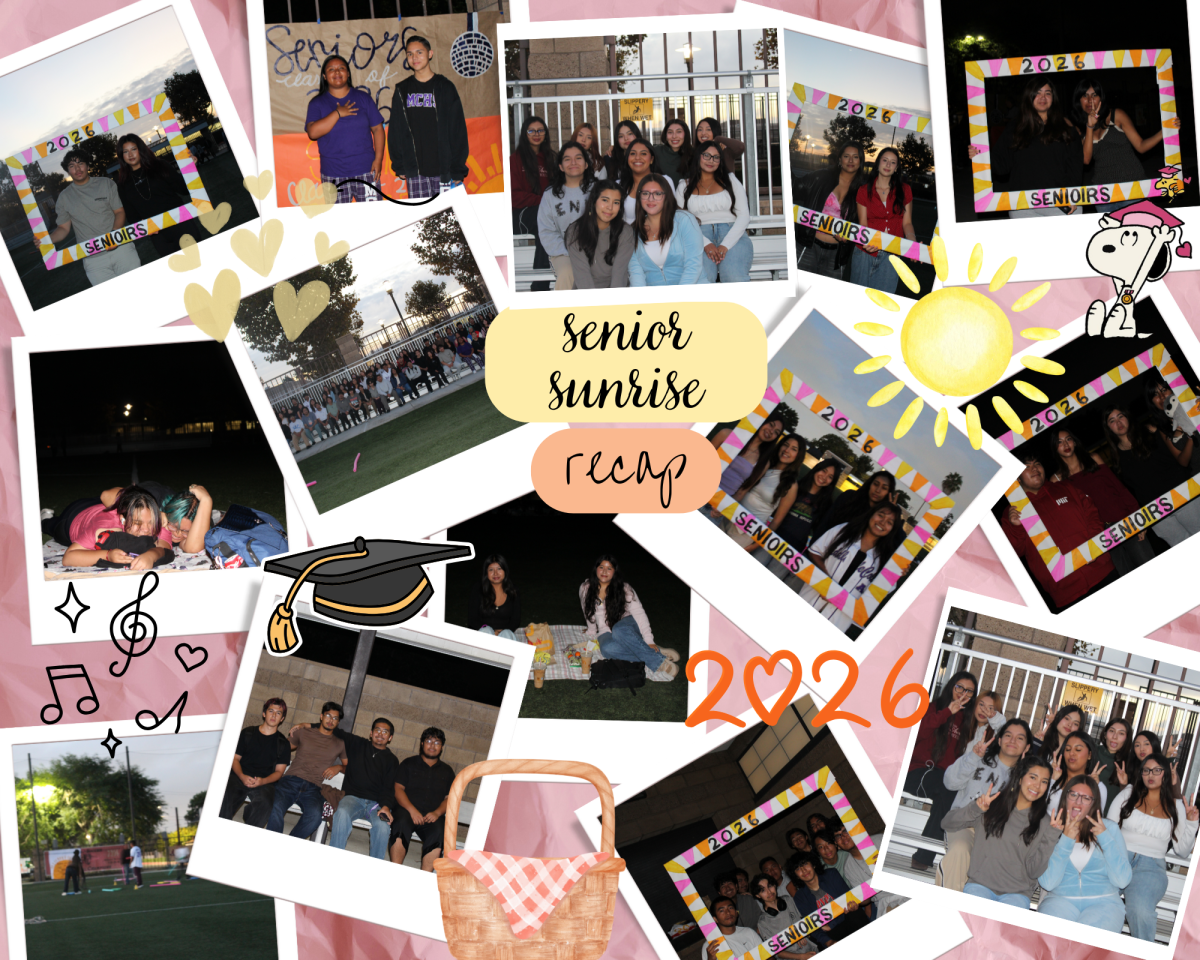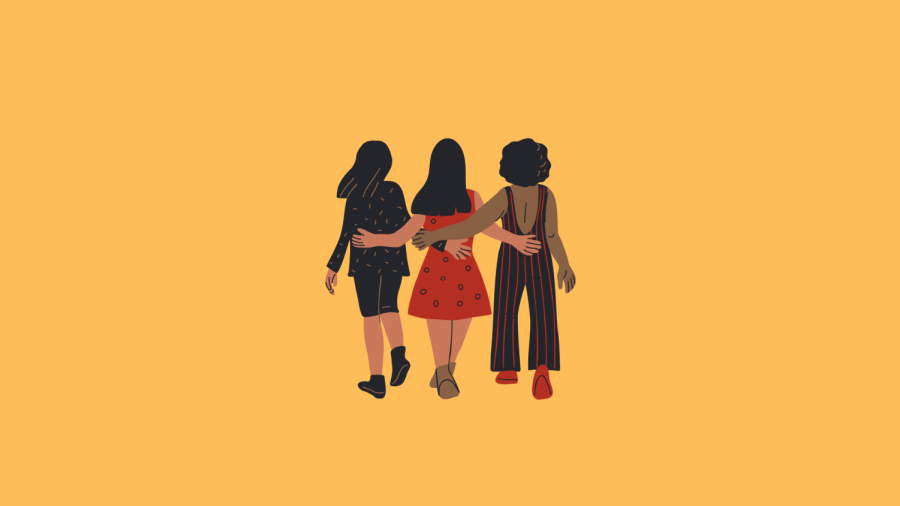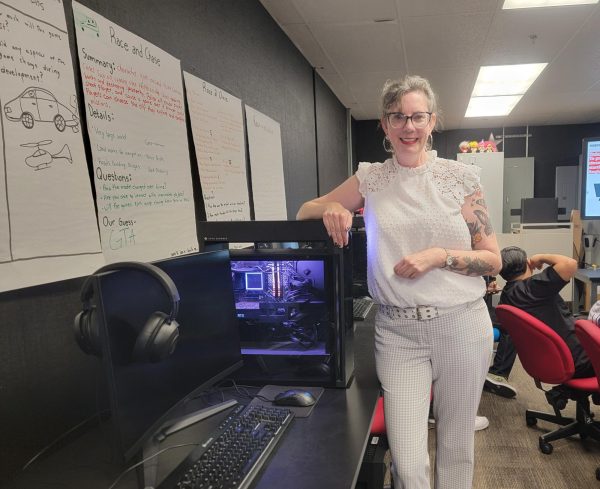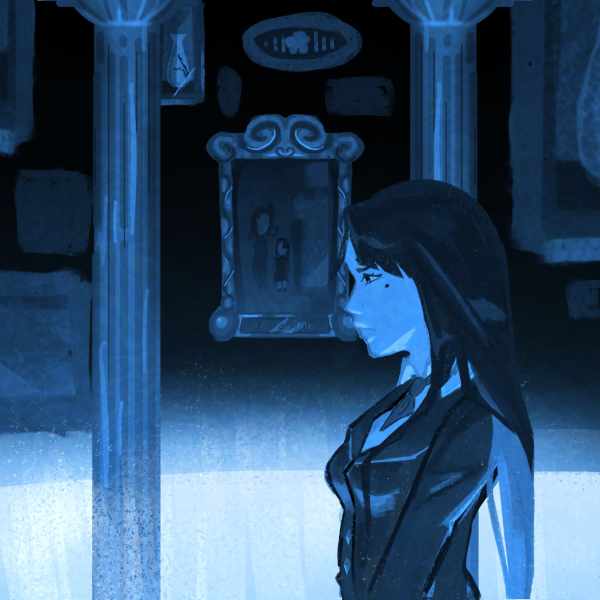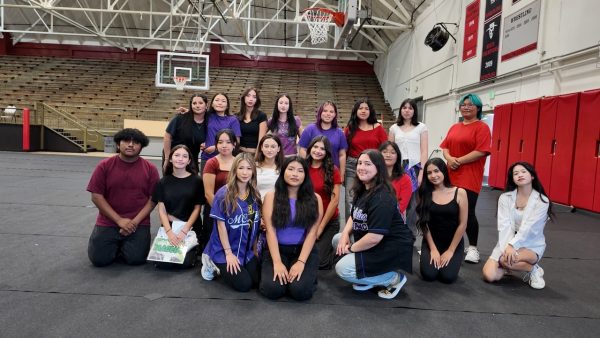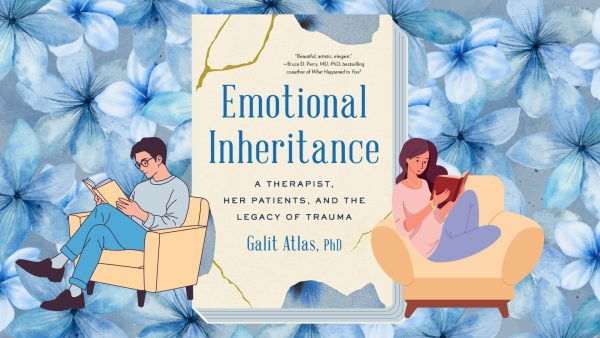A voice for minorities
Stephanie Camilo (made with Canva)
Artist Mitski Miyawaki’s music has brought minorities together making them realize that many people feel the same way that they feel.
Born on September 27, 1990, Japanese-American singer-songwriter Mitski Miyawaki didn’t know it yet, but she was going to become an important figure in the music industry for minorities whose feelings have been overlooked.
“Your Best American Girl” is a song by Miyawaki that many of her fans interpret to be about a person of color wanting to be the “stereotypical” American for love.
In an article from National Public radio written by Bob Boilen, Miyawaki said, “Right. And when you love someone, and care about them, you want what’s best for them and it’s always the hardest thing to realize maybe you aren’t what’s best for them, how hard you try.”
The song describes a relationship where two people might not be compatible because of cultural differences. This point is explored in the music video for “Your Best American Girl.” In the video, the two people are Miyawaki and a white man. The music video starts with Miyawaki getting touched up. Afterward, the white man and a white woman are shown on the screen. As the video progresses it becomes clear that the white man chose the white woman for her Americanness. Miyawki’s facial expressions showed it all, the realization that she can never be her.
Fans of Miyawaki expressed similar situations that they’ve been through in the comment section writing how they are still in their I wish I was white phase or how they relate to the lyrics of the song, making it feel like a safe space for minorities to say what they have to say without having to be judged or misunderstood.
Freshman Maria Estrada said, “Well I mean it’s hard for us (minorities) because like I said there isn’t a lot of people who understand us.”
Another song that touches on the subject of wanting to fit into the perfect American image is “Strawberry Blonde” by Miyawaki.
Though Miyawaki hasn’t had an interview on this song or its meaning many can agree that the song is about a woman of color experiencing wanting to be white. Senior Shepherd Lee Williams couldn’t have explained the full lyrics of the song better in his story Mitski, Misinterpretation, and Asian American Identity.
Miyazaki’s incorporation of her feelings into her music did an extraordinarily good job of giving aid to many individuals who now know that they’re not alone.
“Like you can be heartbroken about a relationship, but also from it, realize that you are you, and you’re okay with who you are, or you’re okay about where you came from,” Miyawaki said.
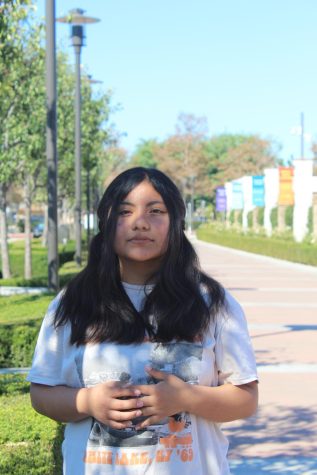
One of my favorite music artists is Matt Maltese, one of my favorite books is Crier’s War, and my favorite color is green.

